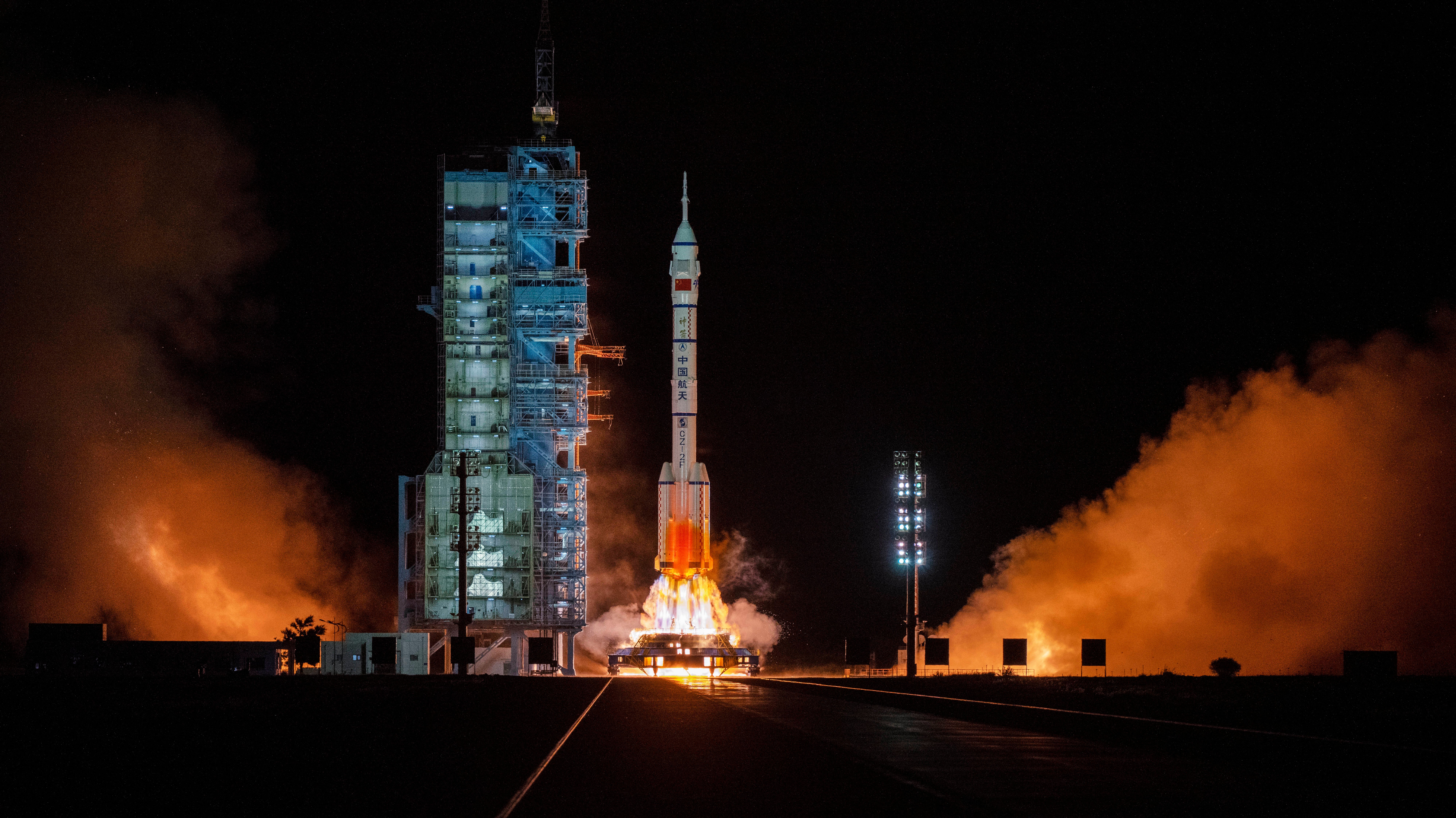Significant chance that someone will be killed by an out-of-control rocket in next decade, scientists warn

There is a significant chance someone will be killed by a rocket falling to Earth in the next decade, scientists have warned.
A new assessment of the danger posed to human life by out-of-control rockets says there is a roughly 10 per cent chance that one or more casualties will be caused in the next 10 years.
What is more, the risk of such death is unfairly spread, they note, with those in the global south more at risk of such impacts. Rocket bodies are more likely to drop on cities such as Jakarta, Dhaka and Lagos than they are in New York, Beijing or Moscow.
The urgent warning comes after an out-of-control Chinese rocket dropped to Earth in 2020, and landed on villages in the Ivory Coast. In the end, that avoided any human casualties – but it was far from guaranteed, with only luck keeping it from landing on people.
That was followed a year later by the closely-watched descent of another Chinese rocket, also a Long March 5B, which fell down to Earth after being used to launch part of China’s new space station. It dropped into the Indian Ocean, but again could just as easily have fallen onto a populated area.
Not all dangerous rockets come from the Chinese space programme. In 2015, a SpaceX rocket fell to Earth and dropped down over Indonesia, with two fuel tanks the size of fridges falling on the ground.
After rockets launch, many of them are left behind in orbit. They already pose considerable danger when they are in space: experts have repeatedly warned that the vast and rapidly increasing amount of space debris around the Earth could cause satellite crashes that would cut off communications and endanger future rocket launches.
But as the rockets fall back down to Earth, they enter the atmosphere without any control, and debris can fall anywhere in its unpredictable flight path. Large chunks survive their re-entry into Earth’s atmosphere, leaving behind potentially lethal material that will plunge into the ground.
In the latest study, scientists used 30 years of satellite data to work out how likely casualties could be from those uncontrolled rocket re-entries. If current practices continue, they note, then there will be a 10 per cent chance of death, based on an assumption that each re-entry spreads lethal debris over a 10 m2 area.
That number was calculated by using satellite data to assess the number of rocket bodies that are still in orbit. Researchers then worked out the average area that any debris would cover, as well as how lethal the crash would likely to be.
But they noted their estimates are relatively conservative, given the number of rocket launches is rapidly increasing.
Humanity already has the technology to avoid these problems, with guided re-entry systems that allow the rocket to be controlled as it comes back down to Earth. But nations have not shown willingness to use them, since they are expensive.
In the US, for instance, official rules require that rocket launches must have less than one in 10,000 chance of causing death when they come back down to Earth. But that threshold is repeatedly waived by the US Air Force and by Nasa, who say that the rule makes the rockets too expensive.
As such, world governments should work to force controlled rocket re-entries to avoid nations putting the world at risk with their rockets, they warn.
The research is described in a new study, ‘Unnecessary risks created by uncontrolled rocket reentries’, published in Nature Astronomy today.
Join our commenting forum
Join thought-provoking conversations, follow other Independent readers and see their replies
Comments
Bookmark popover
Removed from bookmarks